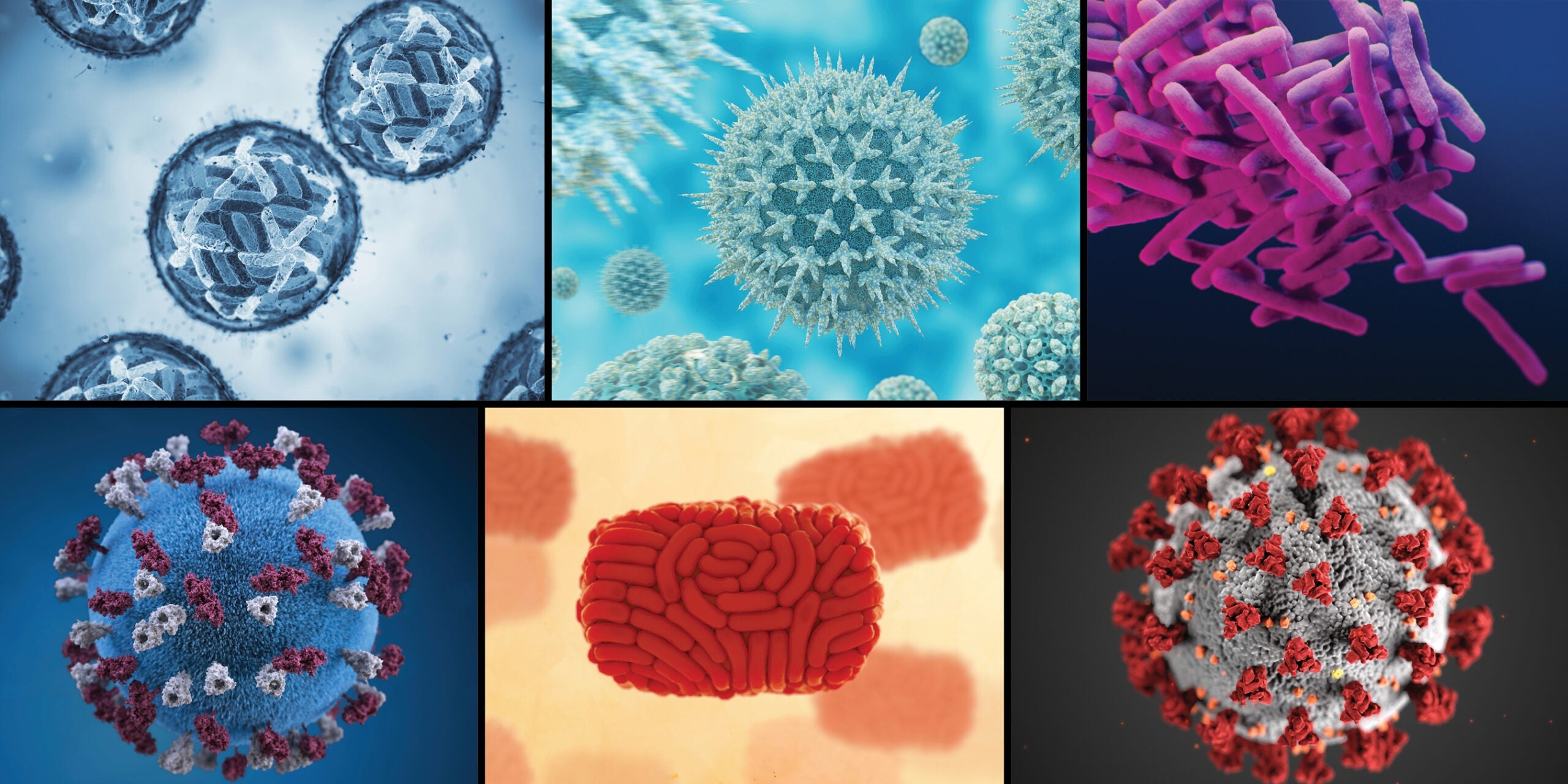Fatou Wurie: Bridging the Gap in African Women’s Uterine Health: Youterus Health
 In early May, as I held my newborn daughter, feelings of immense gratitude and love washed over me, connecting me back to the roots of my journey. Not long ago, I faced the uncertainty of how uterine fibroids might affect my ability to bring her into this world. Staring at her, I resolved to dedicate my work to building a world where access to comprehensive, culturally competent healthcare for black women and girls is a given, not a privilege.
In early May, as I held my newborn daughter, feelings of immense gratitude and love washed over me, connecting me back to the roots of my journey. Not long ago, I faced the uncertainty of how uterine fibroids might affect my ability to bring her into this world. Staring at her, I resolved to dedicate my work to building a world where access to comprehensive, culturally competent healthcare for black women and girls is a given, not a privilege.
This personal commitment refueled my purpose as a public health scholar and practitioner. The urgency of life became clear, and the overlooked gaps in women’s health care crystallized as my new battleground. My daughter’s birth not only brought joy but also a renewed sense of responsibility to address these gaps, particularly within the African context where such issues are too often ignored.
With this newfound determination, merely four weeks postpartum, I pressed on with my doctoral summer program, laying the groundwork for what would become Youterus Health (YH). YH, still in its early stages, is a social impact firm with the bold mission to reimagine African women’s health. Our aim is to bridge the gender data gaps in health, providing the evidence and framework to drive policy and investment in women’s health, especially focusing on uterine conditions and care.
The Gender Data Gap in Africa is profound. Uterine health conditions like uterine fibroids (UF) are consistently overlooked in reproductive health policies, even though African women bear a significant burden of these disorders. Research and information on conditions such as UF, endometriosis, and polycystic ovary syndrome (PCOS) are scarce, leaving a void that reflects in the limited healthcare options for African women. The implications are severe, given the higher prevalence of fibroids among black women and the economic impact it has in regions like the US, where the cost of fibroids management is astronomical, and many women report missing work due to their condition.
This oversight is not just a health issue; it affects the socio-economic fabric of Africa, where women are often the backbone of their communities. The silence around uterine disorders and their implications—be it on fertility or quality of life—needs to be broken. Without comprehensive epidemiological data from Africa, we cannot fully understand, let alone address, these challenges.
Youterus Health is on a mission to elevate uterine health into the mainstream health discourse in Africa, to shine a light on the invisible pain, and to confront the silent suffering of countless women. We believe in naming the pain, understanding its ramifications, and innovating in partnership with the women it affects. We strive to fill the information gap, raise awareness, and push for policy and global health financing changes that cater to the unique needs of African women.
As I look at my daughter, I see the future—a future where Youterus Health has played a pivotal role in ensuring that African women’s health, especially uterine health, is no longer sidelined. We stand at the forefront, ready to collaborate, research, and advocate for a world where every woman’s health is a priority, ensuring that the journey I took will be smoother and more informed for the next generation. Together, let’s bridge the gap, ignite change, and guarantee that every black woman and girl, like my daughter someday, has the healthcare she rightly deserves.
Fatou Wurie is a seasoned global development-humanitarian practitioner, health policy specialist, and technologist driven by a mission to transform gynecological care and improve women’s health in Africa.


